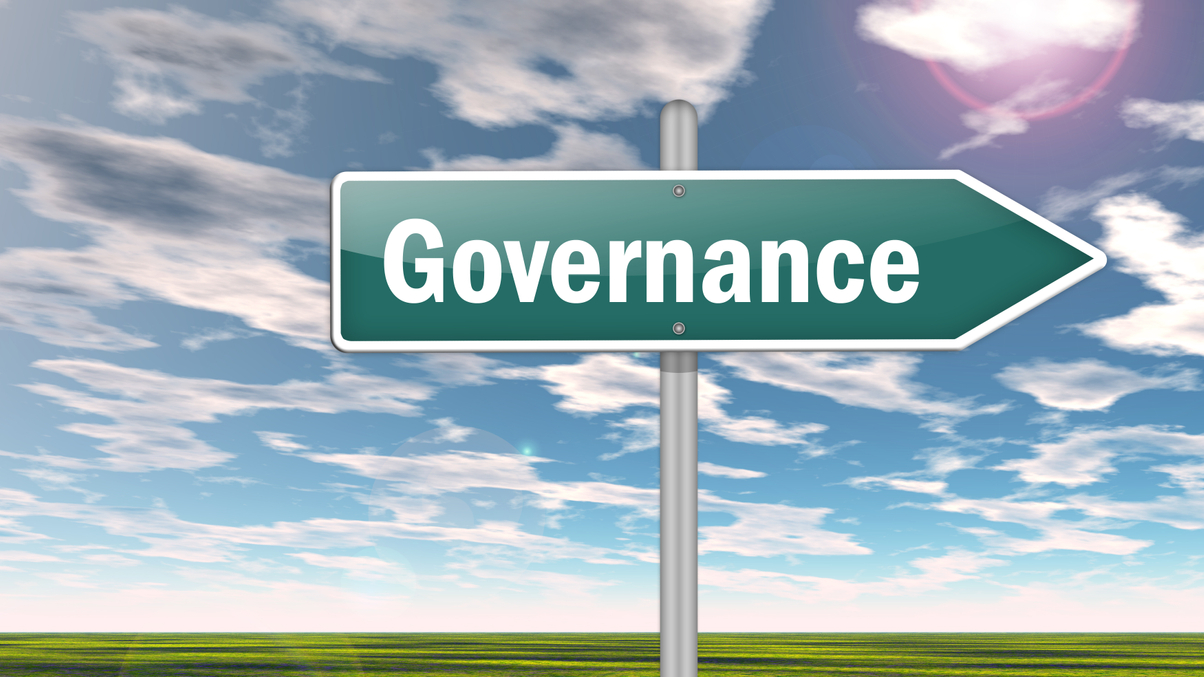Sovereign fund governance - the good, the bad and the ugly
Asia Pacific institutions are among the top-rated funds in the latest survey of governance and sustainability practices. Other regional players are yet to come up to the mark.

Australia's Future Fund continues to lead the field in an annual ranking of the governance and sustainability efforts of the world’s leading sovereign investors, pension funds and official institutions, according to data platform Global SWF.
Sign in to read on!
Registered users get 2 free articles in 30 days.
Subscribers have full unlimited access to AsianInvestor
Not signed up? New users get 2 free articles per month, plus a 7-day unlimited free trial.
¬ Haymarket Media Limited. All rights reserved.


